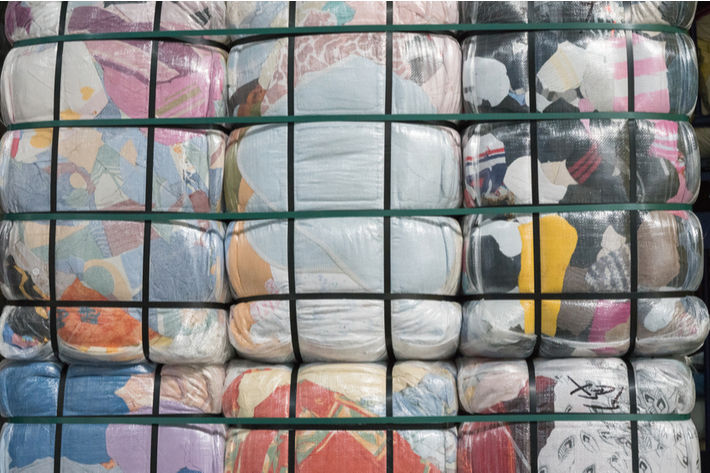

Kenya, Uganda, Tanzania, Rwanda and Burundi were to phase out mitumba trade by 2019 but only Rwanda has implemented the plan, introducing high taxes on mitumba imports to deter their imports.
Now the private sector in the region says import of used clothes should be phased out gradually to allow focus on growth of the local textiles and apparel sector, according to newspaper reports from the region.
“No country has transformed industrially without first protecting its local industry. If you look at the countries that have industrialised such as the Asian tigers (Singapore, South Korea), they had to protect their local industries. So when you allow mitumba, it means that you are killing the local industries,” said East African Business Council chief executive officer John Kalisa, who supports the EAC decision to gradually ban mitumba.
Kalisa said the biggest beneficiaries of mitumba imports are the large exporters of second-hand clothing like China, the United States, Canada and Europe at the expense of local manufacturers and businesses.
There are also concerns over the quality of clothes making it to local markets due to dumping of clothes waste from the West and fast fashion items from Asia. Traders admit some of the imports end up in landfills.
Second-hand clothes traders in Kenya have petitioned the government to set up a sorting centre for re-exports, arguing it will cut costs incurred along the supply chain, create more jobs and contribute to national coffers.
Sorting centres, where used or pre-owned clothes are graded, have become prominent and influential for the trade. Here, sorted garments are compressed into bales of 50kg and exported. Unsorted clothes can only be compressed into bales of 500kg to 1,000kg, which then limits exports.
The Mitumba Association of Kenya argues that Africa requires more effective regulation of supply chains for second-hand clothes, which would include expansion of sorting centres at key strategic trading hubs like Kenya.
Kenya, one of the largest importers of second-hand clothing in sub-Saharan Africa, imported at least 185,000 tonnes or 8,000 containers of mitumba in 2019, according to a 2020 report by the Institute of Economic Affairs. Between 2015 and 2019, the country recorded a steady rise in mitumba imports, driven by demand for their use and re-export to other countries.
Fibre2Fashion News Desk (DS)